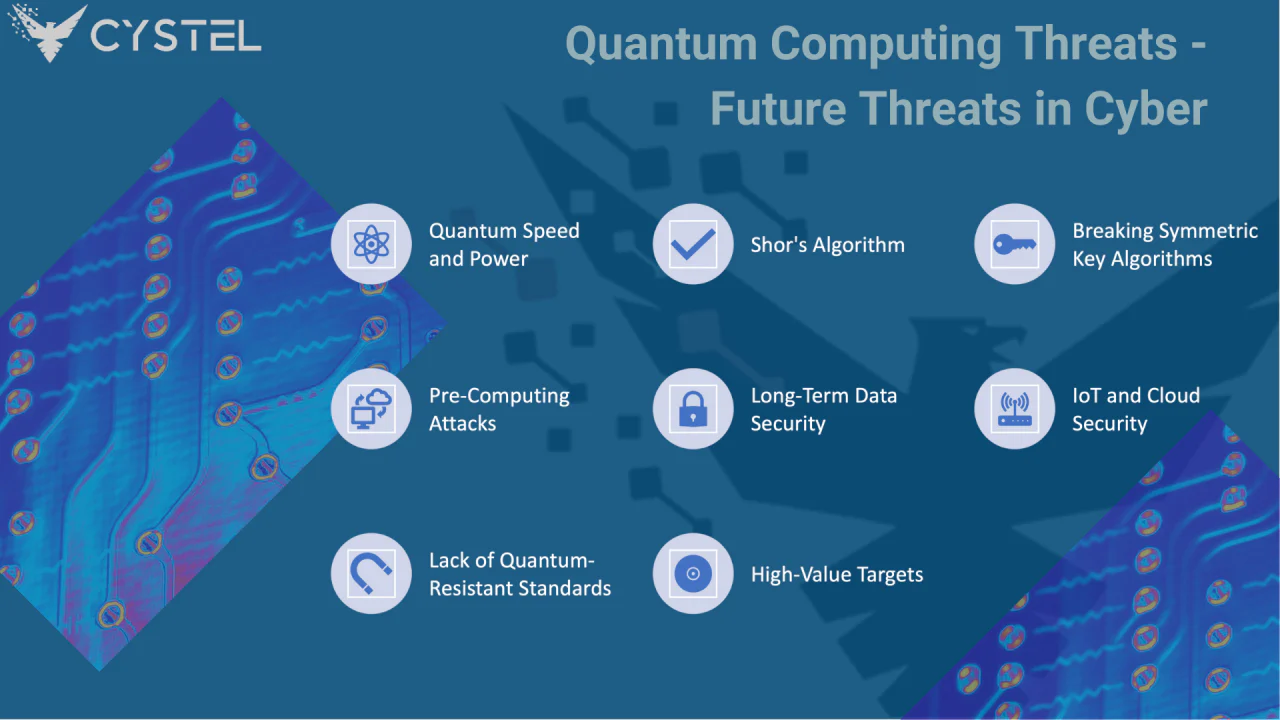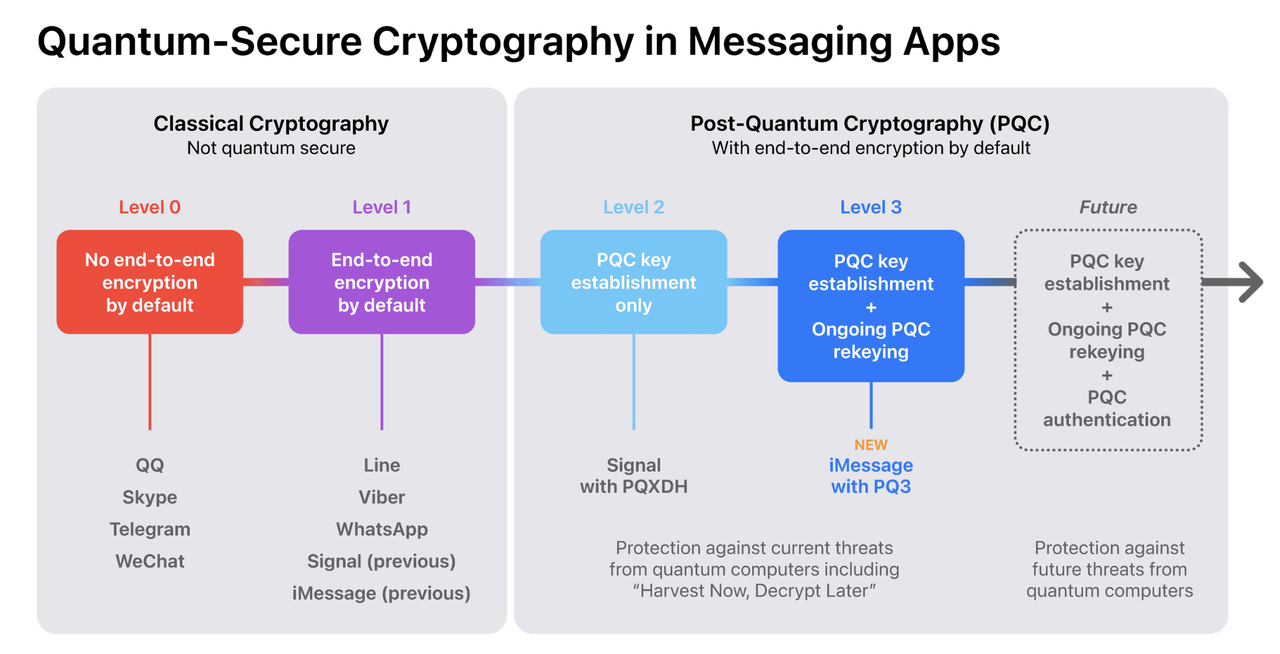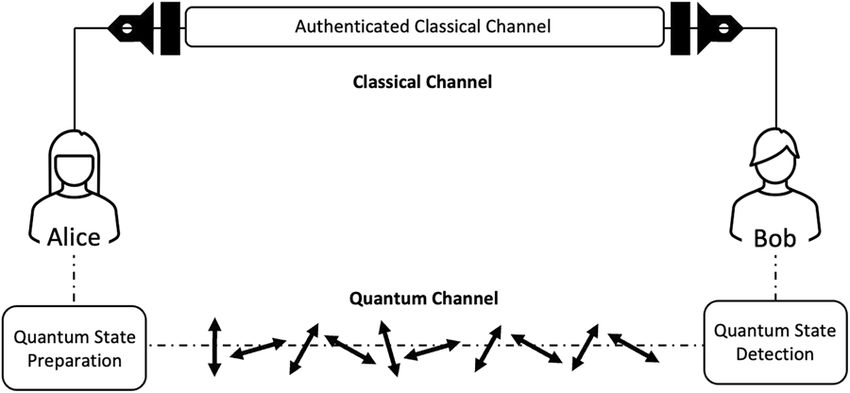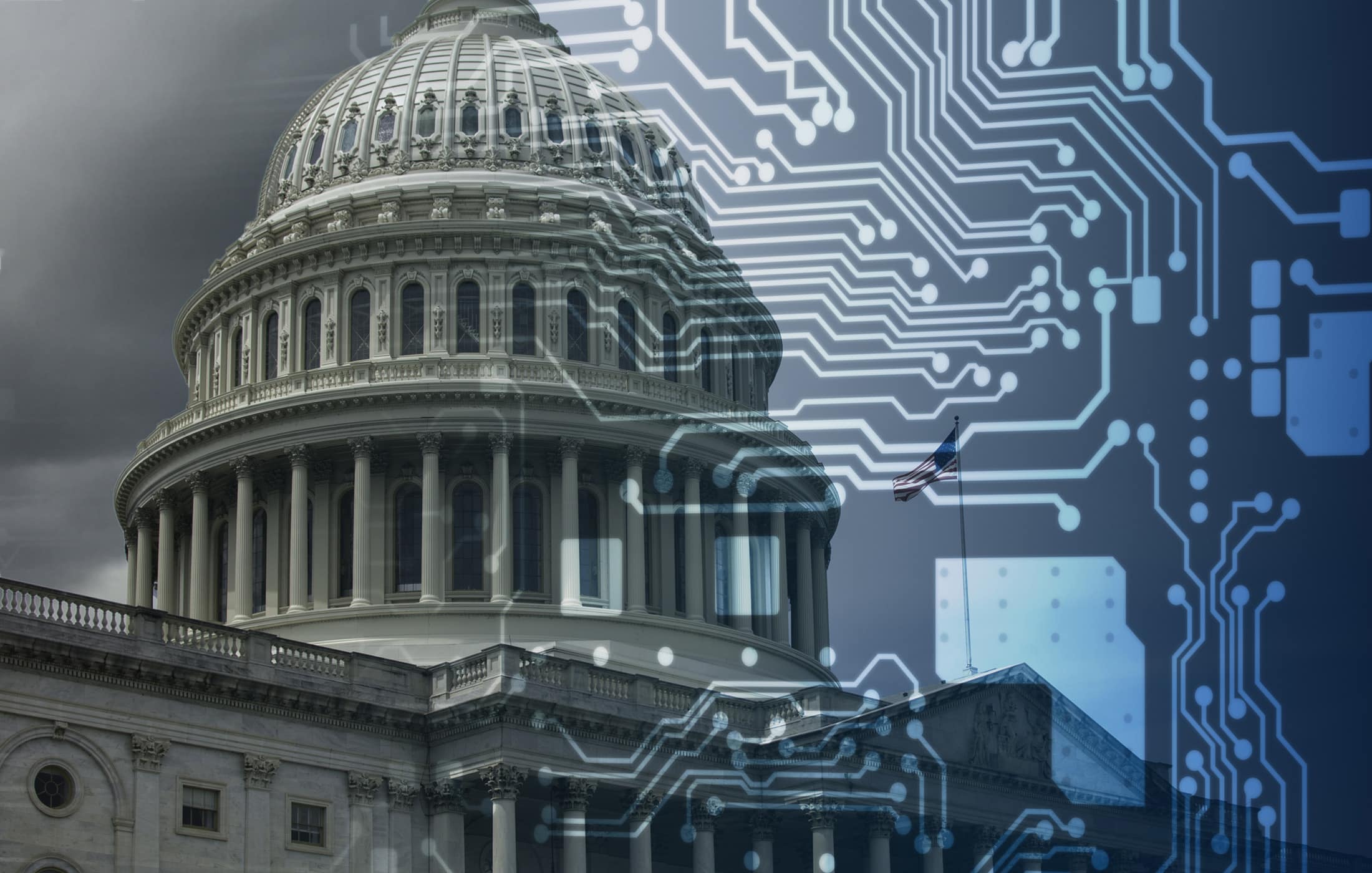How Quantum Computing is Set to Revolutionize Data Security
Introduction
Quantum computing is no longer a theoretical concept—it’s rapidly becoming a transformative force in technology. As we enter the “quantum era,” this advancement promises to redefine data security, challenging existing encryption methods and introducing new paradigms for protecting information. This article explores how quantum computing is poised to revolutionize data security across various industries.
🧮 The Quantum Threat: Breaking Traditional Encryption

Quantum computers leverage principles of quantum mechanics to perform complex calculations at unprecedented speeds. This capability threatens traditional encryption algorithms like RSA and ECC, which rely on mathematical problems that quantum computers can solve efficiently using algorithms such as Shor’s algorithm. The potential to decrypt sensitive data has led to concerns about a looming “Q-Day,” when quantum computers could render current encryption obsolete.
🛡️ Post-Quantum Cryptography: Building Quantum-Resistant Defenses

In response to the quantum threat, researchers are developing post-quantum cryptography (PQC) algorithms designed to withstand quantum attacks. These algorithms, such as lattice-based cryptography, aim to secure data against both classical and quantum computational threats. The National Institute of Standards and Technology (NIST) has been leading efforts to standardize PQC algorithms, with several candidates undergoing evaluation for future implementation.
🔑 Quantum Key Distribution: Ensuring Secure Communication

Quantum Key Distribution (QKD) offers a method for secure communication by utilizing quantum mechanics principles. QKD enables two parties to share encryption keys with the assurance that any eavesdropping attempts would be detectable. Recent advancements have demonstrated the feasibility of QKD over long distances, indicating its potential for securing future communication networks.
🏛️ Industry and Government Initiatives: Preparing for the Quantum Future

Photo of the United States Capitol with overlayed computer circuitry. The Intersection of freedom and artificial intelligence
Recognizing the implications of quantum computing, industries and governments are proactively investing in quantum-safe technologies. Companies are integrating PQC into their systems, and governments are developing strategies to transition critical infrastructure to quantum-resistant standards. These initiatives aim to mitigate risks associated with quantum advancements and ensure the continued security of sensitive data.
Final Thoughts
The advent of quantum computing heralds a new era in data security, presenting both challenges and opportunities. While it threatens to compromise current encryption methods, it also drives innovation in developing quantum-resistant solutions. Proactive measures, including the adoption of post-quantum cryptography and investment in quantum-safe technologies, are essential to safeguard information in the quantum age. As we navigate this transition, collaboration between researchers, industries, and governments will be crucial in building a secure digital future.
editor's pick
news via inbox
Nulla turp dis cursus. Integer liberos euismod pretium faucibua









